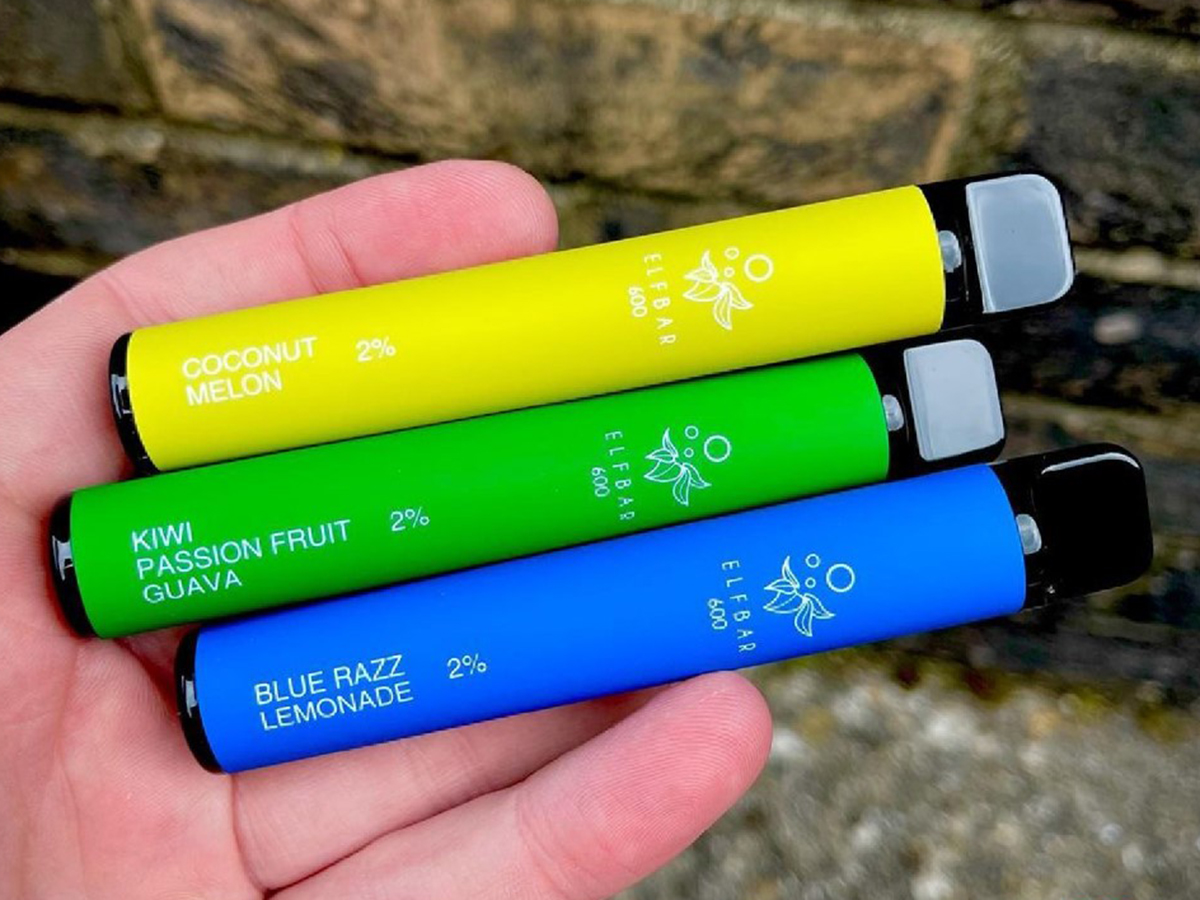On March 8, U.S. time, the American Council on Science and Health issued a document refuting a new study published on March 2 in the American Journal of Preventive Medicine that allegedly linked e-cigarettes to an increased risk of prediabetes. .
Author Cameron English believes that the study is based on incomplete data, its conclusions are severely limited, and there are several major flaws
Unstable exposure data
Author Cameron English argues that researchers have failed to collect meaningful exposure data and counters:
“Respondents were first asked: Have you ever used an e-cigarette or other electronic ‘vaping’ product in your lifetime, or even only once? Those who answered no were classified as never vaping .
People who answered “yes” were classified as e-cigarette users and then asked: Do you currently use e-cigarettes or other electronic “vaping” products every day, some days, or not at all? E-cigarette users who used to answer every day or day were classified as current e-cigarette users, and e-cigarette users who did not answer at all were classified as former e-cigarette users. “
Author Cameron English says answers to these questions do not provide an adequate assessment of e-cigarette use.
serious limitations
Author Cameron English argues that things get worse when the limitations of research are investigated, saying:
“Limitations of this study include self-reported tobacco use and lack of medical confirmation of prediabetes and other dietary information. The BRFSS is a cross-sectional survey, so it is not possible to infer a causal relationship between e-cigarette use and prediabetes. Another potential The limitation is recall bias. Furthermore, the authors have no information on weight gain in former e-cigarette users, which may lead to misinformation bias.
Combined with the aforementioned adverse exposure data, Cameron English believes these limitations are enough to weaken the study, and says the study authors acknowledge that the correlations they found are based solely on self-reported data. Additionally, they found that only a small percentage of the participants had prediabetes and vaped during the study period. There’s no way to know if vaping caused these people to become prediabetic, or even if their vaping habit predates prediabetes.
mechanism?
According to author Cameron English, this key detail is also buried deep in the paper: “The mechanisms underlying the causal relationship between e-cigarette use and prediabetes are not fully understood.”
Author Cameron English says, stripped of its academic language, what the phrase really means is, “We don’t know how e-cigarettes cause prediabetes.”
Cameron English said the researchers cited a study that showed that smokers had higher blood sugar levels than non-smokers after an oral glucose tolerance test, and suggested that nicotine may be the culprit in this study. But that may just be due to a few other variables, smokers have poorer blood sugar control; studies have found that smokers tend to eat fewer fruits and vegetables and exercise less than non-smokers. Conversely, some studies also show that smoking is associated with weight loss, which tends to lower the risk of diabetes.
That being said, Cameron English said the researchers were right. There is still a lot to learn about the effects of e-cigarettes on metabolism.























Leave a Reply